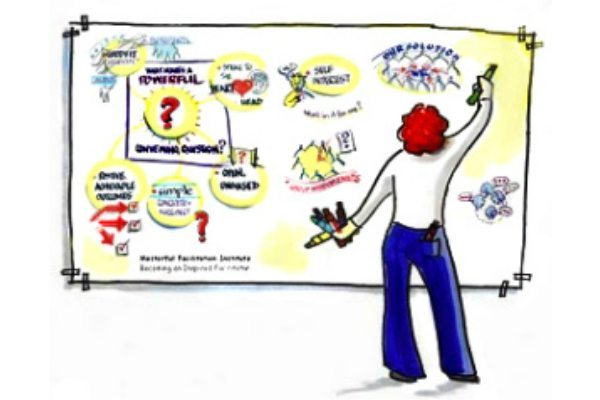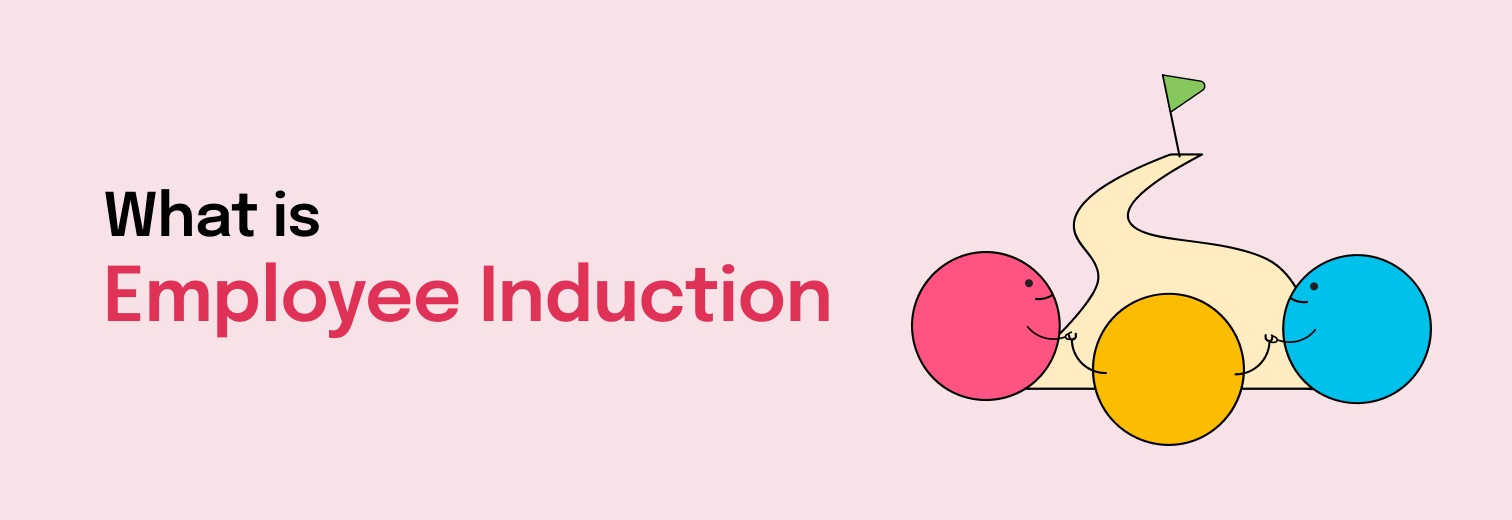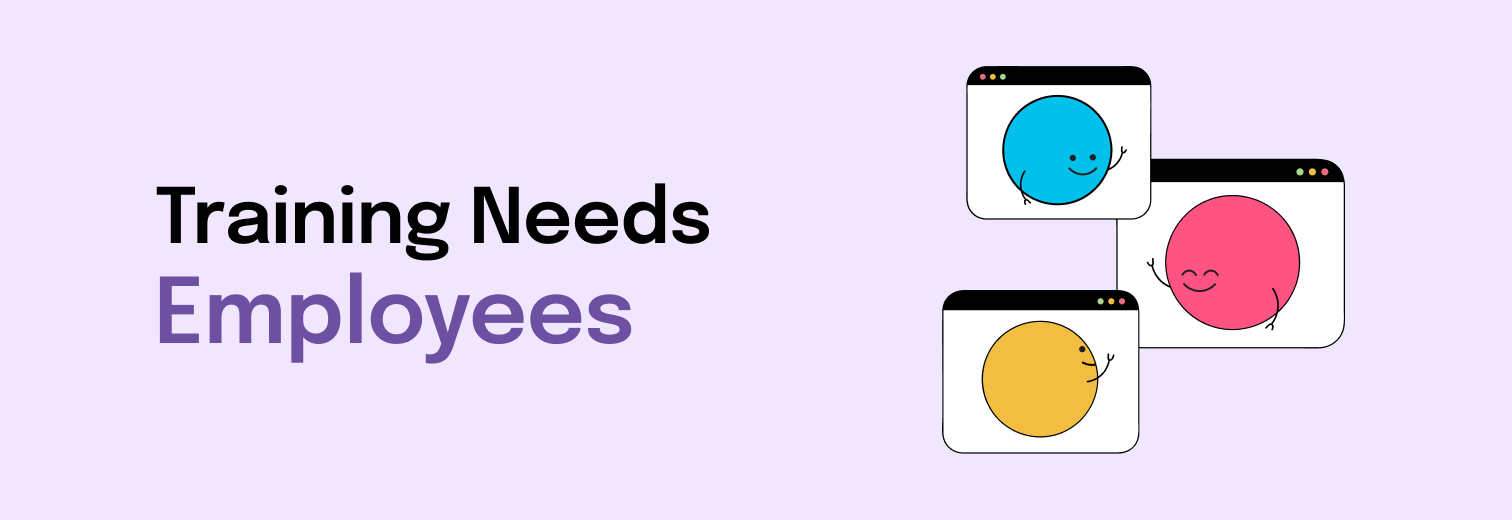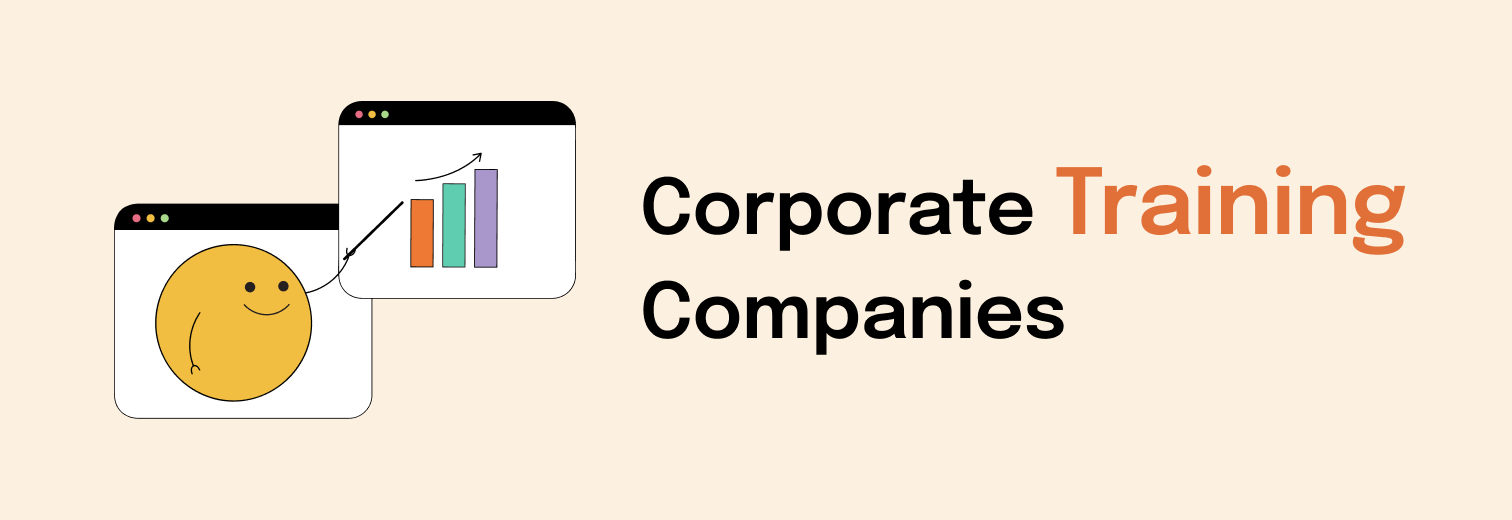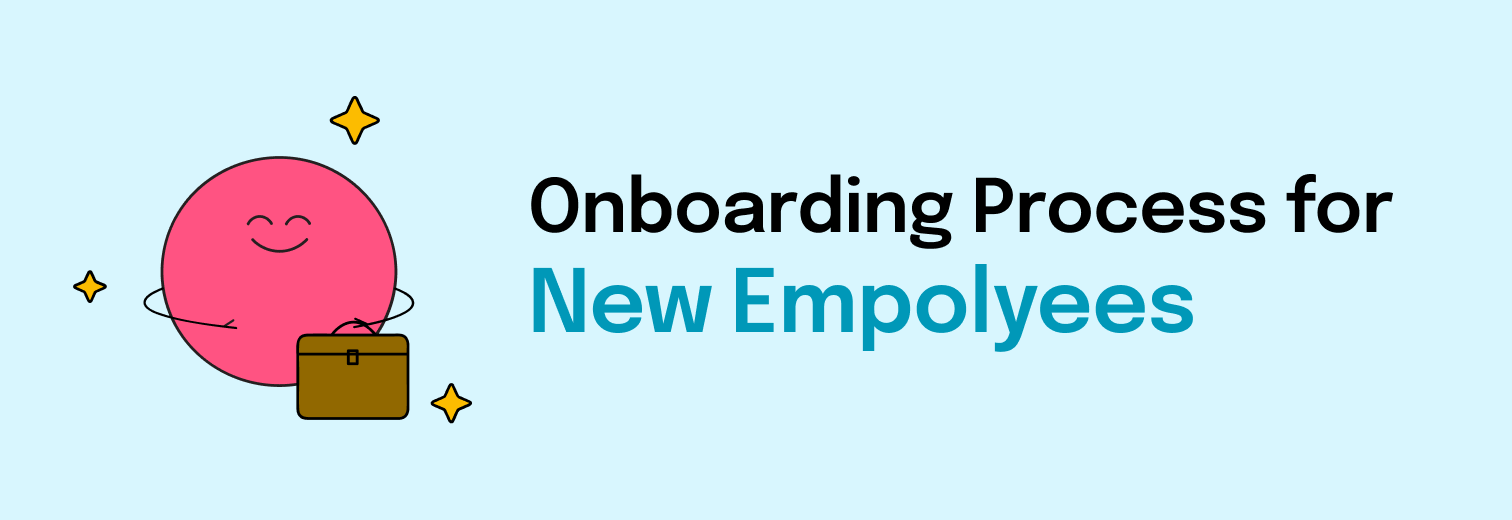Its not easy being a Trainer. The challenges are multiple: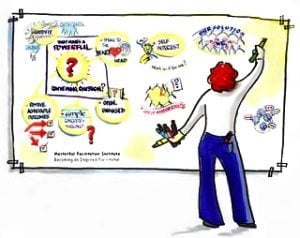
• Many people often don’t know that they don’t know (Unconscious Incompetence)
• Few people know they don’t know (Conscious Incompetence) – but get cynical about how much the training can actually help them
• Only a few people are mentally ready to put in the conscious effort to deliberately learn the steps they pick up during trainings (Conscious Competence)
• And as in most new skills in life – only a few finally arrive at the promised land of having achieved Unconscious
Competence, in the area of learning.
These challenges manifest in interesting ways too:
For example, how do you tell someone who is (by his own estimate) doing just perfect in his own field – and is filled with a sense of satisfaction when it comes to his knowledge, that he still needs trainings?
Or, how do you begin to have a conversation with someone who feels he has tons of experience in that field – to begin re-looking at the basics?
Another frequent response to trainings is when I hear people say – “You know, we are really too busy to attend the training”. Always reminds me of the anecdote – of someone saying, he is too busy to put petrol in his car because he is driving all the time.
One truth that slowly surfaced to me after many years of doing my job as a trainer was that: In all the above cases, it is always the mindset that people bring to a training that is important. If you think you know “everything” – there is little that anyone can get into your head. If you think you don’t need to sharpen your skills in any way – then even my best efforts are perhaps wasted on you. And if you think you are too busy to attend trainings – well, its just a matter of time before things catch up with you.
The one key thing however that Trainers like me are burdened with is the perception / expectation from participants that we are like repositories of all knowledge – which we then deliver through our spoken words. What that meant was that – training days meant a lot of talking for me. Also, the onus for the learning somehow seems to rest with the Trainer!
Fast forward to the present day. After doing my job as a trainer for many years in IT sales, I began to feel like a mature horse of this race. So, after running /winning /losing so many races, I decided to change the Sport! I joined a new company, not as a trainer – but as a Facilitator.
I really can’t forget my first program for this new house. I was asked to accompany the Lead Facilitator for a Team-building program – that we did in Nahan for fresh engineers who just joined a large corporate house. I seriously thought that after all my experience of talking during trainings, conducting such sessions would be a breeze – just old wine in a new bottle. I thought. I couldn’t have been more wrong.
The first day itself was a complete revelation. A Trainer and a Facilitator – I realized, are two poles apart.
Whereas a Trainers job is largely to “deliver” a training content, a Facilitators first job is to ensure that people open up & do the talking. Through their talking and sharing of acumen – the wisdom in the room is tapped. In Trainings, while the ratio between the Trainer- speaking and Participants – speaking is 70:30, in Facilitation this goes completely other way round (30:70).
I experienced this during the workshop at Nahan, where we used the simple yet effective methodology of: ‘Experiential Learning’. Stuart Brown, the Founder of National Institute of Play, says it precisely that “The way you play is, the way you work”. By getting people to do activities and then deliberate over them, in terms of whether there is any learning to take back to the workplace, the Facilitator ably switches the onus of learning from the trainer to the trainee.
Is it fun for the trainees – yes, it is. However, the Facilitators job isn’t just to make people have fun but to help them relate back the fun experiences to the behaviors at workplace – so that in some way, participants can improve in their existing roles & responsibilities.
Personally for me, it is a complete changeover and the beginning of a fresh new journey: From being a Trainer of words to a Facilitator of actions.
Thanks
Nitin Sharma
